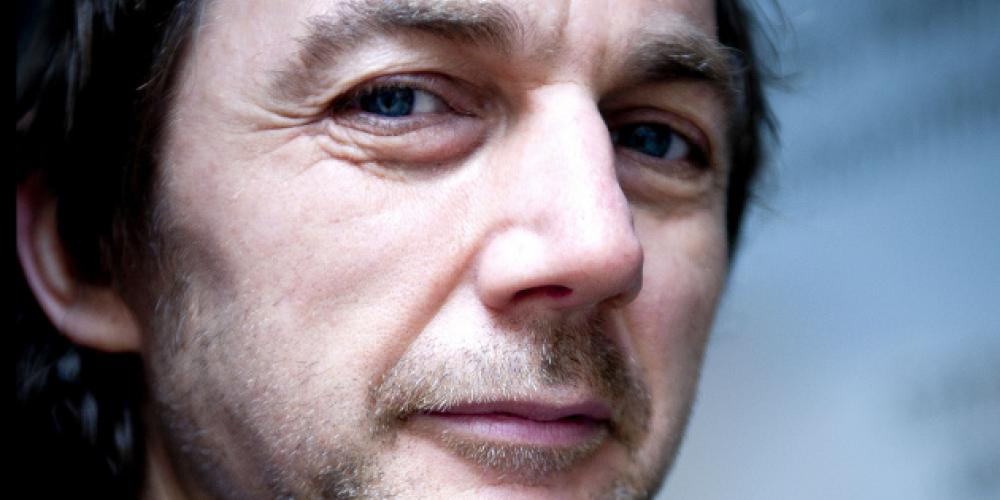
Paul De Hert has been appointed to the Scientific Council of the EU Agency for Fundamental Rights (FRA) based in Vienna. Membership starts in June 2023 for a period of five years and may be renewed.
Can you introduce the organisation you have been appointed to?
The Scientific Committee of the European Union Agency for Fundamental Rights (FRA), which consists of 11 new professors, including me. We have to ensure the scientific quality of their work, but are also closely involved in writing reports. That’s why they were also looking for people with more policy experience.
The FRA advises the EU on issues to do with fundamental rights, such as privacy, discrimination and migration. As an agency, it has rather quickly built its reputation and has been granted a central role by Europe. The EU recently sought its advice on planned new legislation on Artificial Intelligence, the AI Act, just as it has done on migration. EU institutions now have the reflex to consult the FRA on such issues. The FRA is not purely a legal institution. We also do fieldwork to assess the situation on the ground, using scientific methods. That’s the beauty of it.
In the FRA’s Fundamental Rights Report 2023, you can see how broadly the organisation operates. The report focuses on human rights violations in Europe due to the war in Ukraine. But it is much broader: access to justice, asylum, migration and borders, gender, hate crimes, information society, privacy and data protection, LGBTI, disability, racism and related intolerances, children’s rights and Roma issues.
What will your role mean in practice?
I have to go to Vienna four times a year. Each year, I will lead and report on one or two initiatives. Not just passively by ensuring the scientific method is applied, but also actively working on the output: setting up the methodology of the studies on the ground, launching pilots, organising guidance and so on. I bring my expertise in digitisation and criminal law to the committee, and I have years of experience as FRA country rapporteur.
What do you gain from this as a scientist?
It’s not unusual to take this step after the age of 55. I used my sabbatical to think about the rest of my time. As an academic, I’ve been most active in the field of human rights, and this position puts me right in the middle of its practice. It’s also a form of recognition of the knowledge you have accumulated over the years.
Belgian reporting on fundamental rights
Paul De Hert is full professor at Vrije Universiteit Brussel (VUB), and director (2005-2021) and co-director of the Fundamental Rights Research Centre (FRC) at the Faculty of Law and Criminology. The FRC was a partner in several consortia that collected data for the FRA and provided research services on fundamental rights issues in Belgium from 2011-2019. In 2019, the FRC continued on its own and became a national contractor for FRANET with the task of providing data and research services on the nine key fundamental rights themes that are central to the FRA’s work programme.
Core researchers in FRA reporting are Dr Karen Van Laethem, Karen Weis, Dr Jozefien van Caeneghem, Dr Marijke de Pauw, Dr Amy Weatherburn, Júlia Zomigani Barboza, Prof Ellen De Smet, Prof Dr Ilke Adam, Dr Carlotta Rigotti, Prof Dr Chloé Brière and Nadine El-Dekmak. Many other internal and external experts contributed.